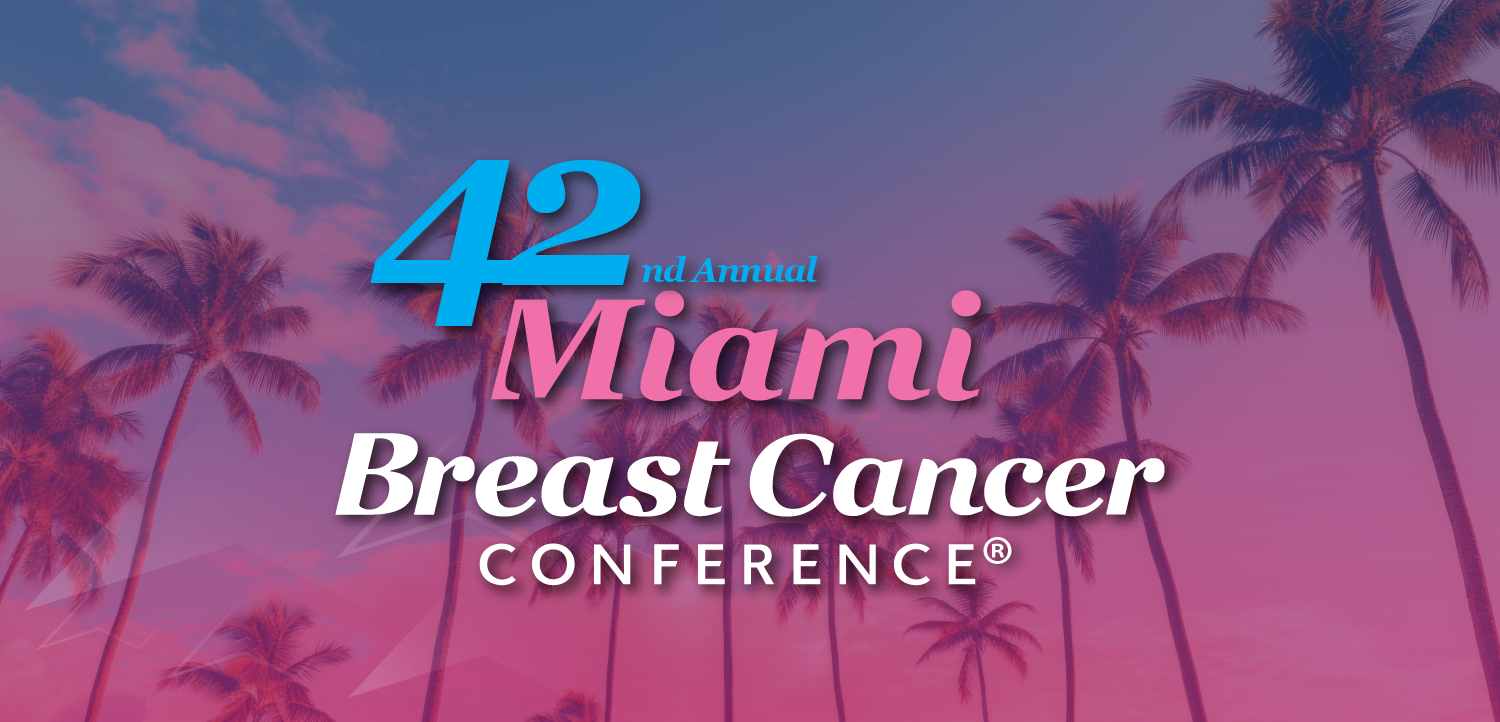52 Correlation and Prediction of Complete Pathologic Response Rates and Ki-67 in Patients Receiving Neoadjuvant Immunotherapy for Triple-Negative Breast Cancer
52 Correlation and Prediction of Complete Pathologic Response Rates and Ki-67 in Patients Receiving Neoadjuvant Immunotherapy for Triple-Negative Breast Cancer

Background
Clinical and pathological response to neoadjuvant chemotherapy for breast cancer varies significantly. A complete pathologic response (CPR) is found to be more common in cases of triple-negative breast cancer (TNBC) receiving neoadjuvant therapy. However, even within these groups, response to chemotherapy can still vary, giving credence that there may be other markers that have an influence or can help better predict the likelihood of CPR rate. Ki-67 is a histologic proliferation marker, which has been confirmed to be an independent predictive and prognostic factor in early breast cancer. Many studies have previously investigated Ki-67 as a prediction tool using older chemotherapy regimens; however, with the advent of new immunotherapy-based neoadjuvant treatment regimens, little data on Ki-67 has been elucidated.
Materials and Methods
Between 2017 and 2022, 65 patients with TNBC were identified from our Tumor Registry. Ki-67 was available for 37 patients, 27 of whom received neoadjuvant immunotherapy as part of their treatment. These data were used to construct univariate and multivariate models to determine the correlation between CPR and a high Ki-67 (≥ 20%).
Results
Overall, no correlation was noted between patients receiving neoadjuvant immunotherapy and CPR (R2 0.003, P = .65). The mean Ki-67 value was 65.7% in patients with CPR who received neoadjuvant immunotherapy. Patients without CPR after neoadjuvant immunotherapy had an average of 55.6% positively stained cancer cells. A moderate correlation between Ki-67 and CPR was noted between neoadjuvant immunotherapy group (R2 0.12, P = .07) and neoadjuvant nonimmunotherapy group (R2 0.17, P = .23) with no statistical significance.
Conclusion
This study underscores the known positive relationship between a high Ki-67 and CPR in patients with TNBC receiving neoadjuvant chemotherapy. It further demonstrates that a high Ki-67 has the potential to accurately predict CPR in patients receiving neoadjuvant immunotherapy for their TNBC. Larger studies will be needed to investigate these findings further.

Gedatolisib Combo With/Without Palbociclib May Be New SOC in PIK3CA Wild-Type Breast Cancer
December 21st 2025“VIKTORIA-1 is the first study to demonstrate a statistically significant and clinically meaningful improvement in PFS with PAM inhibition in patients with PIK3CA wild-type disease, all of whom received prior CDK4/6 inhibition,” said Barbara Pistilli, MD.